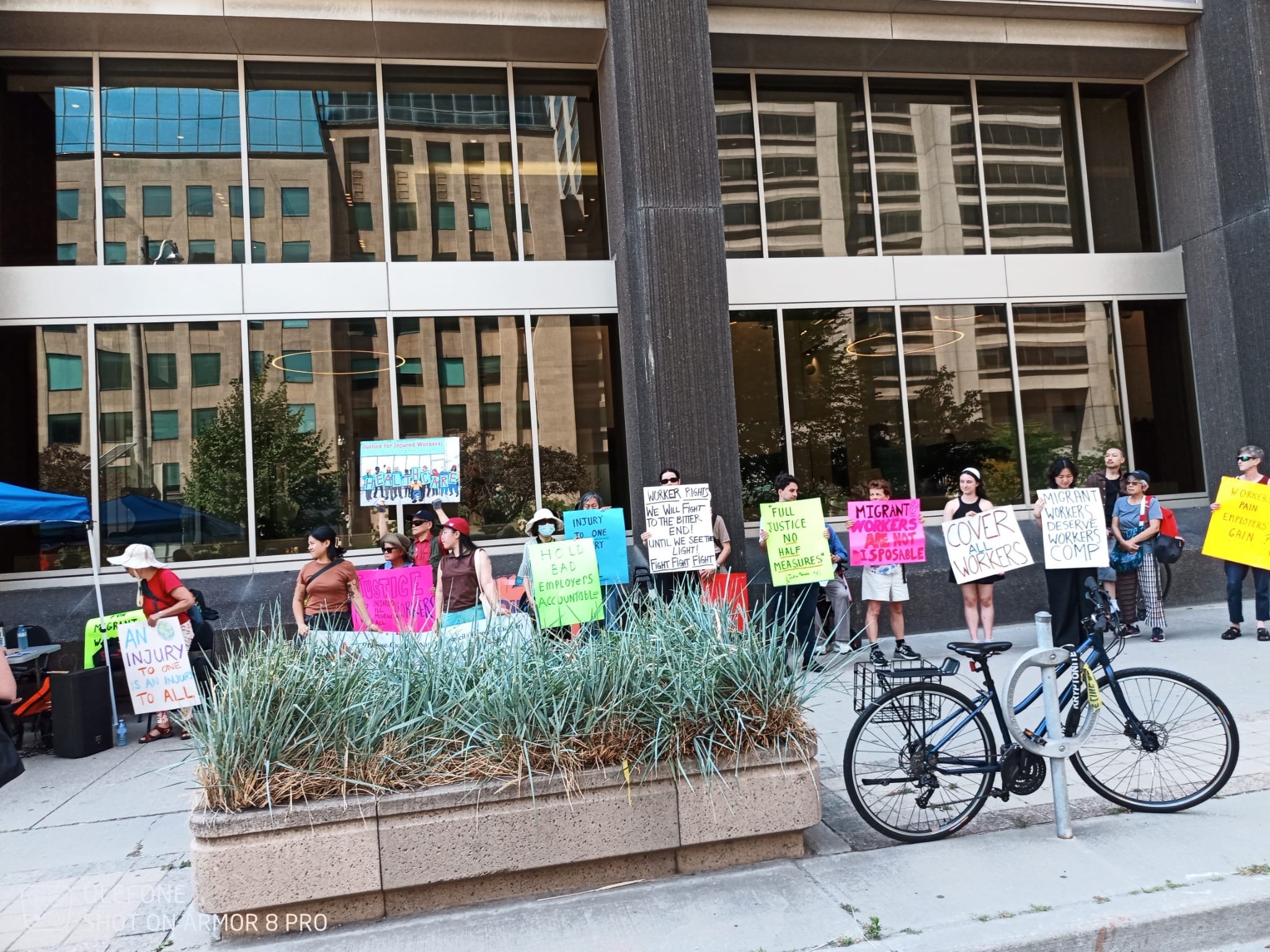‘The current circumstances merit exceptional measures in recognition of their service during the pandemic’

The federal government announced a temporary measure that will give asylum claimants working in the health-care sector during the COVID-19 pandemic a chance at permanent residency.
“The government recognizes the extraordinary contribution of asylum claimants working in Canada’s health-care sector during the COVID-19 pandemic, particularly in long-term care centres,” said Marco E. L. Mendicino, minister of immigration, refugees and citizenship. “As these individuals face an uncertain future in Canada, the current circumstances merit exceptional measures in recognition of their service during the pandemic.”
Front line workers providing direct care to patients in hospitals, long-term care homes, assisted living facilities and those providing home care through an organization or agency will be able to apply for permanent residency if they meet the following criteria:
- have claimed asylum before March 13, 2020
- were issued a work permit after they made a claim for asylum
- have worked in the health-care sector, in health institutions
- have worked in a designated occupation for no less than 120 hours between March 13, 2020 and Aug. 14, 2020. The designated occupations that are included in this special measure are orderlies, nurses, nurses’ aides and patient service associates, assistant orderlies and certain home support workers.
- demonstrate 6 months of experience in the designated occupation before being granted permanent residence. Applicants will have until Aug. 31, 2021 to acquire this experience.
- have a Certificat de sélection du Québec (CSQ), if wishing to reside in Quebec
- meet existing admissibility requirements, including those related to criminality, security and health
Quebec will select those qualifying for this special measure who wish to reside in Quebec.
As with all applicants for humanitarian and compassionate consideration, and in line with the government’s commitment to family reunification, in-Canada family members of the principal applicant would be included in the application and granted permanent residency, if the application is approved. Those who have been found ineligible to make an asylum claim, or who have withdrawn or abandoned their claims, would be excluded from applying, said the government.
UNHCR, the UN Refugee Agency, welcomes Canada’s announcement:
“This is an exemplary act of solidarity which recognises the service and dedication of some of the most marginalized and vulnerable members in society. It is a reminder of the exceptional contributions refugees and asylum-seekers make to the communities that welcome them,” said Rema Jamous Imseis, UNHCR’s representative in Canada.
The Norwegian Refugee Council also recognized Canada’s move.
“Kudos Canada. More countries should follow your hospitable example and grant permanent residency to asylum-seekers risking their own health and lives to fight #COVID19 for all of us,” tweeted Jan Egeland, secretary-general of the Norwegian Refugee Council.
Recently, the federal government also announced a $58.6 million additional investment to the Temporary Foreign Workers (TFW) program to help safeguard the health and safety of Canadian and migrant workers from COVID-19.
Among all Ontario workers who have acquired the COVID-19 coronavirus from January 15 to June 22, 2020, 17 per cent were healthcare workers, according to data from Public Health Ontario. And workers’ union Unifor noted that healthcare workers were “severely overrepresented” in the data.





